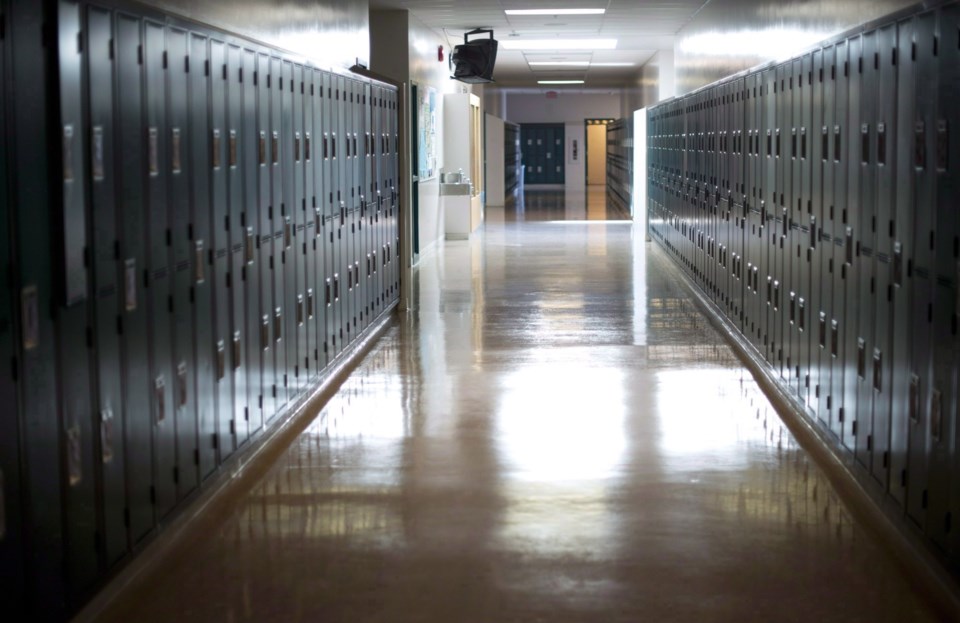The COVID-19 pandemic that led to school closures across the country may also be causing children stuck at home to wonder why their world is suddenly changing.
And while an expert in child psychology says parents should do their best to answer those questions, they should also be selective with the info they choose to share.
"What do they need to know? That's the deciding factor," psychotherapist Alice Wiafe said Wednesday in a phone interview with The Canadian Press.
"They need to know that they should be extremely cautious about touching things, that they should be washing their hands and using proper sanitization, that they shouldn't be too close in proximity to people not in their immediate family. ... They don't need to know that a thousand more people died over the weekend. It does nothing for them to know that.
"Basically they need to know things that impact them and their families in their daily life."
Wiafe, who has a Masters in counselling psychology from Adler University in Chicago, is the founder of Positive Kids, an organization in Mississauga, Ont., that "focuses on building and developing social and emotional skills through child therapy practices," according to its website.
As a mother of three children under the age of 10, Wiafe knows how tough social distancing can be on kids who are used to being surrounded by classmates every day.
RELATED: COVID-19 survival with young kids
And with parents working from home themselves, being able to entertain their children becomes even more of a challenge.
But there are plenty of ways to ensure children get the interaction and playtime they need, Wiafe said, whether that's happening inside their own homes or outdoors in a public area.
"Playing on a slide for example, I'm not sure I would recommend that, but playing basketball or soccer, sports where there's no need to be close or to touch, I think that would be safe play," she said.
"Indoor games like cards, things that we shut in the closet for 20 years, I can see my kids saying 'a board game, what is that?'" Wiafe added with a laugh. "Writing, creative art, going for a drive even to just get out of the house, those are all doable."
Wiafe acknowledged that parents may be fearful of the spreading coronavirus, but being mindful of how they're presenting that anxiety is important.
"We have to be able not to project our own fears onto our children, not checking the news every three minutes like 'honey, another three people have died,'" she said. "You definitely have to be cautious and sensitive to the type of children you have. ... If you have highly sensitive children, you have to be even more sensitive to that."
With kids also tending to pick up behaviours by watching their parents' actions, Wiafe said modelling healthy habits during a stressful time can go a long way.
"If you're hoarding 50 packs of toilet paper, they're going to ask 'mom, why are you doing that?' So again, we just have to check our own selves and check our own behaviours," she said.
"You want to make sure you're keeping them informed enough to know that they shouldn't be negligent. But again, it comes down to what do they need to know?"
Wiafe said a person or family's reaction to social distancing doesn't have to centre completely on the negative of what they can't do.
And she's encouraging people look at the positives of their situation.
"We have an opportunity here — when's the last time your whole family was home and spending time together?" Wiafe said. "When's the last time your teenager came up to you and said 'hey mom, what's up?' even if it's because they're bored and have nothing else to do.
"So the good part is it gives an opportunity for families to re-engage and come together and have fun. We can take advantage of the time to get closer and appreciate people and be grateful for the things we take for granted every day."
This report by The Canadian Press was first published March 19, 2020.
Melissa Couto, The Canadian Press



